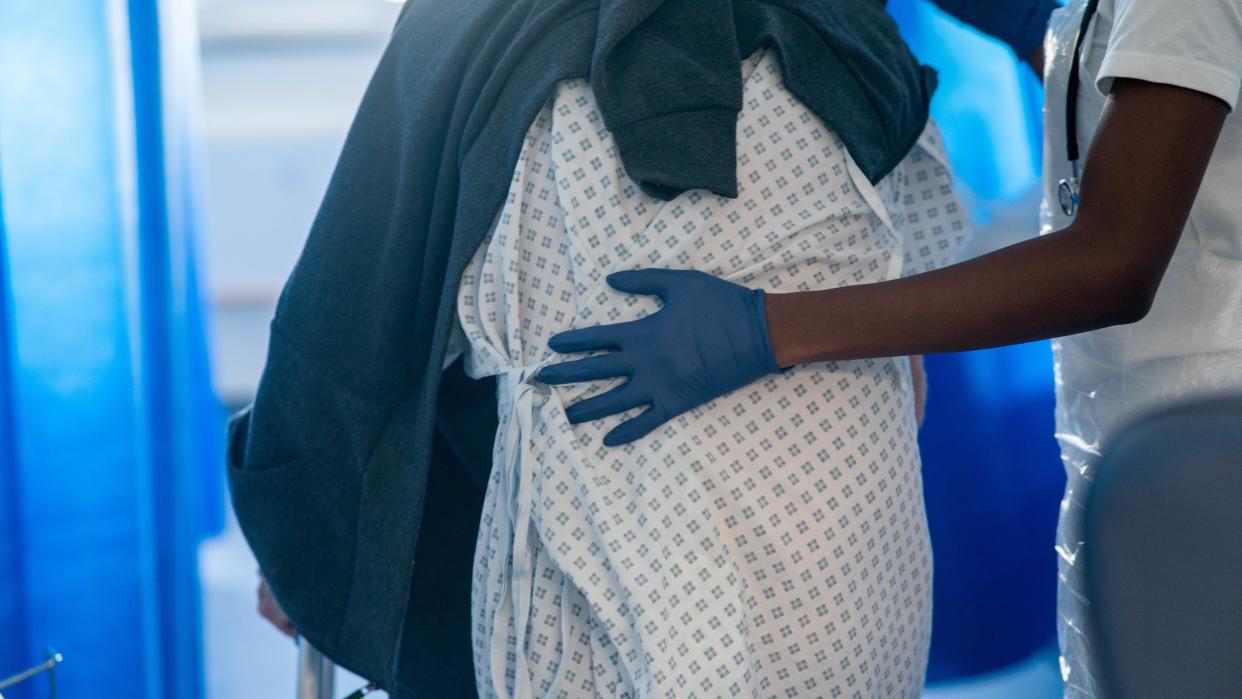NHS needs ‘immediate cash injection of around £8.5bn a year’

The NHS needs an immediate cash injection of around £8.5 billion a year over the next four years, while doctors’ pay has fallen 25% since 2008, according to new research.
Leading experts said the cash was needed to make up a £32 billion shortfall in funding in England and would help tackle problems such as high waiting lists, access to GPs and worker shortages.
In the second report of the BMJ Commission on the Future of the NHS, economist and senior associate at the Nuffield Trust, John Appleby, plus two colleagues argue that, while the Government’s recent spring budget funding pledges are a start, they do not go far enough.
They said: “In the recent spring budget, the Government has pledged a further £2.5 billion for the NHS in England in 2024-25 to keep up day-to-day funding of the health service, with a further £3.4 billion investment over three years to improve productivity through digital transformation.
“These figures, although a start, certainly will not make up the significant shortfall that the NHS now faces.
“Catching up on this shortfall in revenue and capital spending would, realistically, take time.
“But a start could be made with a real increase of 4% for 2024/25, equivalent to around £8.5 billion at 2022-23 prices.
“Similar increases over the subsequent four years would make up the shortfall.”
The team said annual spending on the NHS has previously increased on average by around 3.4% in real terms, but budgets have not increased smoothly from year to year.
“Annual increases averaged 6.2% over the decade from 2000 to 2010 but just 1.2% between 2010 and 2020,” they said.
“This represents a significant financial gap in funding that has had a direct impact on the performance of the NHS and the quality of care it has been able to deliver.
“Prospects for the financial year 2024-25 look bleak, with the Institute for Fiscal Studies analysis of planned day-to-day spending in England suggesting a real cut in funding of 1.2% – equivalent to £2 billion – plus a 0.75% real cut for the Scottish NHS and only a modest real rise in Wales of 0.7%.”
The team said worsening trends were “clearly evident” before the 2020 Covid pandemic, which also had its own impact.
It comes as a separate report on doctors’ pay in England shows it has declined by 25% since 2008.
Analysis by the Office of Health Economics (OHE) for the BMJ found doctors’ salaries were falling behind those of other workers, including executives.
It said: “This fall, combined with a 25% increase in the cost of living in the UK over the same period, is disproportionately affecting the purchasing power of lower grade doctors.”
Researchers said the findings match what the British Medical Association (BMA) has been saying during doctor strikes over pay.
It added: “UK average earnings have dropped by 10% in real terms across all work sectors, and by 18% for executive roles, but the percentage decrease for doctors is much higher: 23% for foundation year 1 doctors (FY1s), 32% for FY2s, 27% for registrars, and 23% for consultants.”
Dr Vivek Trivedi, co-chair of the BMA junior doctors committee, said of the findings: “Both the private and public sectors experienced a fall in pay in real terms after the financial crash in 2008.
“But in the private sector, which makes up 80% of the UK workforce, we saw pay levels rebound relatively quickly, while the public sector bore the brunt of austerity.
“And within the public sector, doctors have taken a specifically harder hit — so the level of pay erosion has been even stronger.”
A Department of Health and Social Care spokesman said: “We are committed to supporting the NHS and building a healthcare system that is faster, simpler and fairer.
“That’s why we are providing the NHS with record funding of nearly £165 billion a year by the end of this Parliament, an increase of 13% in real terms compared to 2019.
“We announced in the Budget that the NHS in England will receive a £2.5 billion day-to-day funding boost this year and a further £3.4 billion investment in the latest technology from 2025, allowing doctors and nurses to focus on patients rather than admin, leading to £35 billion in savings.
“We have also set out the first ever Long Term Workforce Plan for the NHS, backed by more than £2.4 billion, to ensure that the health service can train, recruit and retain the staff it will need in the years to come.”
The Royal College of Nursing’s director for England, Patricia Marquis, said ministers have failed to deliver the funding needed to meet demand.
“Nursing pay has been repeatedly attacked, tens of thousands of posts are unfilled, and patients are cared for in corridors, whilst millions languish on treatment waiting lists,” she added.
“Investment in the NHS and in nursing is investment in patients and wider society. On April 1, nursing staff will be expecting an above-inflation pay award and an additional top-up payment worth thousands of pounds.”


